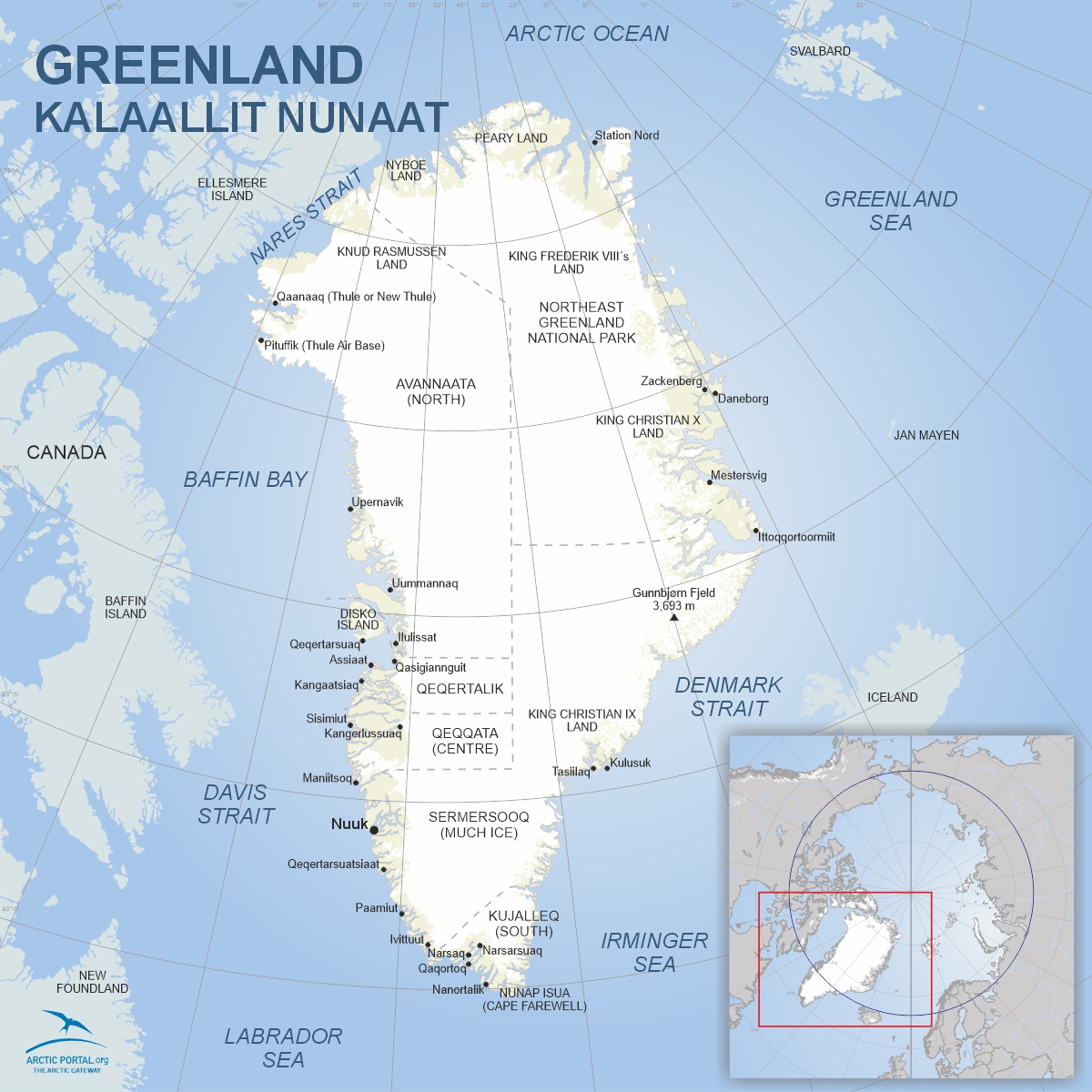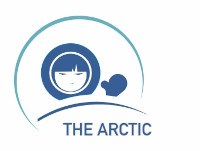
Greenland, the world’s largest island, separates the Arctic Ocean from the Atlantic and covers an area of about 2.17 million square kilometers, of which roughly 410,000 square kilometers are free of permanent ice. The vast majority of its surface is covered by the Greenland Ice Sheet, the second-largest body of ice in the world after Antarctica.
With the exception of a few sheltered areas in the south, Greenland’s climate is classified as Arctic. Even during the warmest month of the year, average temperatures rarely exceed 10°C (50°F), although climate change has brought increasing seasonal variability and record-breaking summer temperatures in recent years.
Indigenous History and European Contact
Greenland has been inhabited by Inuit peoples for over 4,000 years, with modern Greenlandic Inuit tracing their ancestry to the Thule culture that arrived around 1200 AD. European contact began in the late 10th century with Norse settlements, but sustained contact resumed in the 16th century through whaling and trading expeditions.
Following centuries of Norwegian and later Danish-Norwegian rule, Greenland officially became a Danish colony in 1814. After World War II, in the broader wave of decolonization, Greenland's colonial status was abolished in 1953, and it was fully integrated into the Kingdom of Denmark as a county.
Toward Self-Government
On 1 May 1979, Greenland was granted Home Rule following a referendum, establishing its own parliament and government with jurisdiction over internal affairs including fisheries, education, health care, natural resources, and cultural matters.
Although Greenland entered the European Economic Community (EEC) with Denmark in 1973, it later voted to withdraw and officially left in 1985. Since then, it has held the status of an Overseas Country and Territory (OCT), negotiating separate agreements with the European Union, particularly regarding fisheries and development aid.
A major milestone came on 21 June 2009, when Greenland transitioned from Home Rule to Self-Government, following another referendum. This status expanded its control over justice and policing, and granted it the right to independence, should a future vote support it. Under this arrangement, Greenland can now enter international agreements in areas under its jurisdiction.
Economy and Strategic Importance
Greenland’s economy is primarily based on fisheries, especially shrimp and halibut, and it is home to one of the world’s largest exporters of cold-water prawns. While mining and oil exploration have long been discussed as future economic drivers, environmental concerns and fluctuating global prices have limited their development. Recent years have seen growing interest in rare earth elements, especially given Greenland's strategic location and potential to supply alternatives to Chinese-dominated markets.
Denmark continues to provide annual subsidies of around DKK 3.9 billion (approx. €525 million), supporting Greenlandic welfare, education, and healthcare systems.
Arctic Sovereignty and the North Pole
Greenland’s geographic and geologic positioning makes it central to Arctic sovereignty debates. Denmark has submitted claims to the United Nations Commission on the Limits of the Continental Shelf to extend its territory to include the North Pole, based on geological evidence linking the Lomonosov Ridge to Greenland. Iceland has not made territorial claims to the North Pole, but monitors developments closely due to overlapping regional interests.
Today
Greenland is navigating a future shaped by climate change, increasing geopolitical interest, and a growing sense of national identity. While remaining part of the Danish Realm, Greenland continues to take steps toward greater autonomy and has become an increasingly important player in Arctic governance, environmental monitoring, and Indigenous representation on the global stage.
Sources: Government of Greenland (Naalakkersuisut), Statistics Greenland
More information on Greenland
Continental Shelf North of Greenland: file submitted to CLCS







